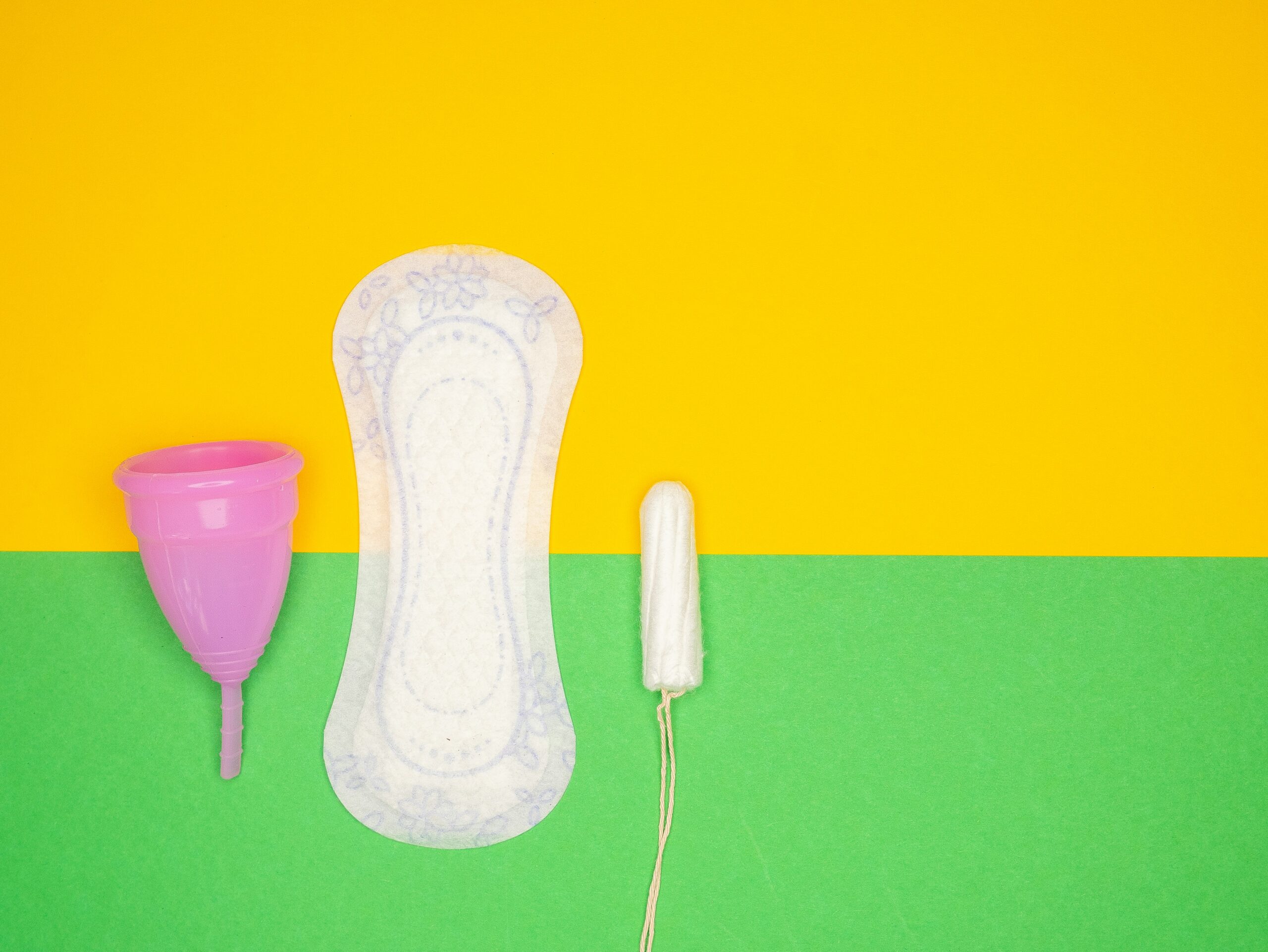Approximately 50% of girls aged 12-19 living in Ireland experience period poverty.
According to a 2018 survey conducted by Plan International, an organisation that helps young people through conflict, 10% of these girls use “unsuitable products”.
The research found that “61% of girls surveyed (in Ireland) had missed school as a direct result of their period”. Sheenagh Rowland, an advocate for free period products in schools, says that if students can’t attend school without fears that their period will leak through their uniform, “then it is essential for free period products to be provided in schools”.
Rowland shared her first encounter with the term “period poverty” was at an NGO meeting in 2021. She stated that the term allowed her to “reflect on the experiences of many students in my secondary school,” remembering when her friends had to use tissue because they did not have access to menstrual products. This experience she shares should not just be considered “a bad day” but an “obvious example of period poverty”.
Rowland has observed the “recent increase in the provision of period products in third-level institutions,” In response, she created a petition to increase period products in second-level schools where she believes girls “are most susceptible to period poverty”.
Rowland further added that measures taken to relieve period poverty have been stalled, stating that In “2021, the Free Provision of Period Products Bill was proposed, yet, in October 2024, it remains in Seanad Éireann”.
While detractors to the cause could blame “a lack of data on period poverty in Ireland,” Rowland believes this “should not be a barrier” and that “we’ve all become too familiar with instances of period poverty whether in our own lives or the lives of those around us”.
Rowland believes schools should implement the approach taken by The Period Dignity Project, an initiative launched by the HSE National Social Inclusion Office in 2022, which has worked to reduce stigma around periods through educational sessions. She mentions one aspect of the project that “focuses on providing period products to social inclusion target groups, such as Travellers, refugees and members of the LGBTQ+ community”. She believes the project secondary schools should implement similar inclusive efforts to support “all students who menstruate without reinforcing gendered or other stereotypes”.
Rowland urges people to sign the petition for free period products in secondary schools as a step towards ending period poverty. She believes the measure will help eliminate “the awkwardness and the stigma embedded in these conversations – and set a new foundation upon which positive conversations about menstruation can begin to form”.
A number of other Trinity students have been involved in the campaign for free period products in secondary schools, with Isabelle Doyle, Kate McFadden, Niamh Leddy and Ciara O’Brien also contributing to the campaign.







